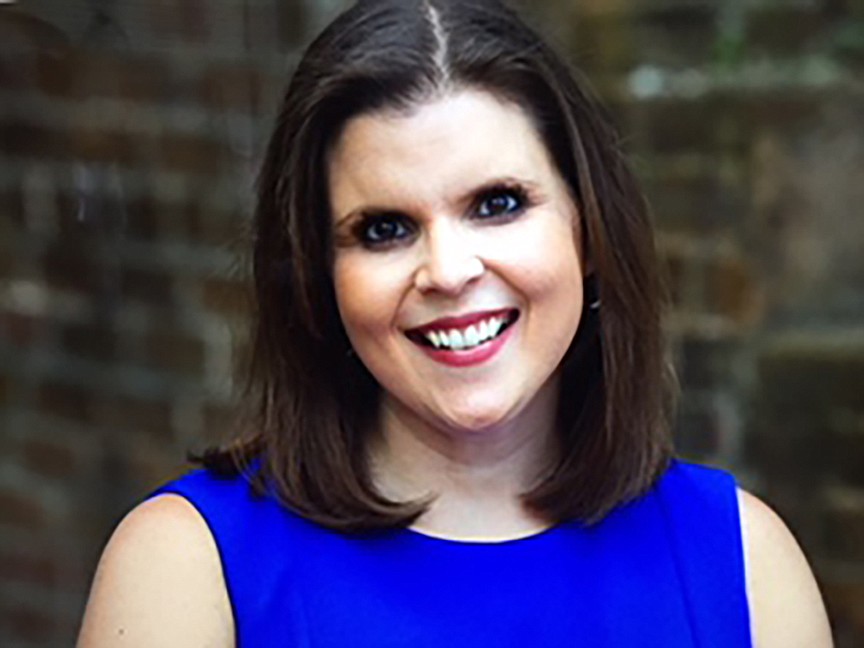
By Lindsay Tygart, JBA Board of Governors
The holidays are a distant memory, the Madness of March is over, and as we head toward the brutal heat of summer, we take a quick pause on May 1 to celebrate Law Day.
This year’s Law Day theme is “Free Speech, Free Press, Free Society.”
The theme contemplates the pillars of a democratic government and begs us to consider and safeguard these rights to ensure, as our Constitution proposes, “the blessings of liberty for ourselves and our posterity.”
I remember sitting in my freshman U.S. government class in high school, learning about the Bill of Rights. I likely was doing homework for my next class or talking to my neighbor instead of listening, but I remember the teacher saying how important these rights are to us as citizens and how we should never take them for granted because there are so many people in other countries who are not afforded these same liberties.
At that point, my eyes would have begun to glaze over, but I would have committed that principal to memory for regurgitation on the next test.
And I probably would not have considered the idea again until my constitutional law class in law school.
The truth is that most people don’t sit around at dinner parties or stand at the water cooler and talk about the First Amendment, but because the world is a much different place than when I was in high school, citizens, even young ones, are more aware of these rights and that they are protected.
The American Board of Trial Advocates, through its local chapters, has an initiative whereby its members present civics education programs for middle and high school students across the country.
As a member of ABOTA, my husband, Fraz Ahmed, recently had the opportunity to teach seventh-grade students enrolled at Twin Lakes Middle School about the freedom amendments and the Bill of Rights.
Although the majority of our dinner conversations at home center around swim lessons for our girls or whose Pump It Up bouncy house birthday party is this weekend, Fraz couldn’t stop talking about how incredibly impressed he was with the students’ knowledge about their fundamental rights and what classifies as a violation of those rights.
When presenting on the issue of freedom of speech, the discussion was about how the brave men and women who founded our country were being persecuted in their own country for not conforming to their government’s way of life.
Our founding fathers did not want our new government to keep people from speaking up about issues or concerns they had with the government and its leaders.
The students were keenly aware that our current government is prevented from punishing people who express their opinions. They had many stories and examples of social media posts and memes that criticize President Trump and, although I would like to share a few of those here, I will exercise my right to keep my mouth closed on that issue so as not to incite a riot since we know that speech is not protected.
Admittedly, when I was in high school, I was pretty clueless, but it appears that much of the seventh-graders’ knowledge about citizens’ rights in this country could be attributed to new technology, including the internet and other digital platforms which allow instant dissemination of information.
These changes have reshaped how free speech and free press work in our world. The students are acutely aware of this.
Everyone with a smartphone is a publisher and, like it or not, people are sharing and over-sharing their beliefs and opinions on everything and doing so instantaneously.
Many have strong views regarding the sharing of information digitally. Fraz is constantly telling me to stop posting on Facebook. However, many believe, as Adlai Stevenson II once said, “The first principle of a free society is an untrammeled flow of words in an open forum.”
Lindsay Tygart is an attorney-mom at Coker Law practicing personal injury, medical malpractice, wrongful death and nursing home neglect.